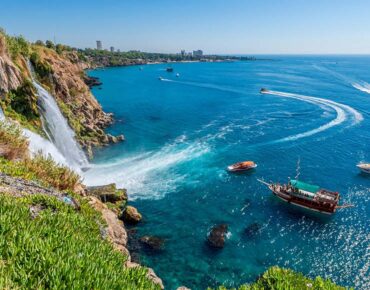The brief answer to the question “What is ecotourism?” would be nature-oriented tourism. In this type of tourism, both travelers and suppliers, such as hotel owners, airline companies, and tour operators, are responsible for the conservation of the natural environment. But let’s dive deeper into the topic so that you can gain a clear understanding of the meaning of ecotourism and see real-life examples.
What does Ecotourism mean?
Every year, millions of travelers from all over the world travel to different places to experience other cultures’ lifestyles, culinary tastes, and broaden their horizons. While doing so, travelers stay at hotels, where they get daily housekeeping services. They enjoy eating around the clock and take showers whenever and for as long as they want.
What does ecotourism mean exactly in that context? Ecotourism is a nature-oriented type of tourism in which travallers feel a sense of responsibility for protecting the natural environment, wildlife, and the nation’s cultural heritage. This responsibility is for both consumers and producers. Construction companies building accommodation complexes, laundry firms washing towels and linens for big hotels, and catering companies cooking meals for the tourism industry are equally responsible for the conservation of the natural environment. In this sense, ecotourism is not only a travel style but also a mindful approach. It encourages visitors to slow down, appreciate the natural flow of life, and respect the communities they meet along the way. Instead of participating in activities that strain natural resources, eco-tourists opt for sustainable transportation options and experiences that directly support local communities. Eco-friendly travel aims to create a positive impact rather than leaving a footprint that future generations must repair. It is about traveling with intention: protecting biodiversity, honoring cultural heritage, and nurturing a harmonious relationship between people and the planet. As environmental awareness grows worldwide, an increasing number of travelers are embracing this conscious form of tourism. By making thoughtful choices and prioritizing sustainability, each visitor becomes a part of a larger movement.

What Is Sustainable Tourism?
Similar to environmentalism, sustainability differentiates itself from its social and economic bonds. In sustainable tourism, people should meet their own needs while leaving resources for future generations to fulfill theirs. For example, sustainable tourism not only focuses on protecting forests and oceans, but also aims to ensure fair working conditions in local communities. For instance, consider a tourism project built in harmony with nature, yet one that ignores the rights of local workers. Would this be considered fully sustainable? Similarly, sustainable practices include supporting local economies by choosing family-run homestays or community-based tours. This way, the economic benefits of tourism flow into the local community rather than being taken away from it. Additionally, there is a focus on long-term planning in sustainability. A destination may limit visitor numbers to preserve natural resources and cultural heritage, which you will read about in the following parts of this post.
Difference between Ecotourism and Sustainability
So, the difference between ecotourism and sustainability is mainly about scope and purpose. Sustainability highlights the importance of utilizing natural, social, and economic resources responsibly, both today and for future generations. Ecotourism, on the other hand, is a specific form of travel that puts these sustainable principles into practice within the tourism industry. We can see sustainability in every field of life, from food production to city planning. Ecotourism focuses on nature-based travel that protects ecosystems, empowers local communities, and minimizes environmental impact.
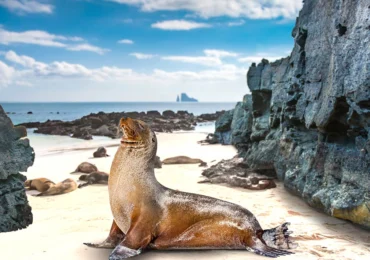
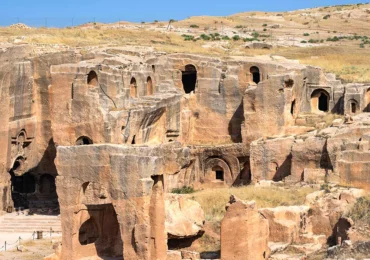
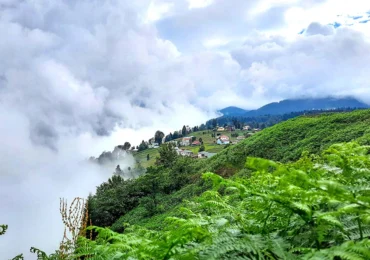
Ecotourism Destinations
Here are the most common ecotourism destinations around the world!
- Greek Islands: Greek Islands are among the most common ecotourism destinations worldwide. In certain periods, especially during the summer when the islands attract a high number of visitors, the number of cruise ships and travelers entering the region may be limited to protect the environment and local communities.
- Machu Picchu: A Daily visitor number limit is applied in Machu Picchu to protect the historical assets in the area and improve the tourist experience.
- Venice: Venice is another destination that limits the number of visitors and cruise ships to avoid extensive crowds and maintain peace.
- Bhutan: Bhutan follows the high-value, low-impact tourism policy, which means the country welcomes fewer tourists but encourages higher-quality, responsible travel experiences. Visitors are required to pay a daily fee that supports environmental conservation, cultural preservation, and community development, ensuring tourism benefits the nation without harming its natural or cultural heritage.
- Costa Rica: Costa Rica actively promotes ecotourism and has established protected natural areas, national parks, and conservation programs. The country prioritizes low-impact travel experiences by controlling access to sensitive ecosystems, supporting local communities, and emphasizing biodiversity protection.
- Panama: Panama limits visitor numbers in certain ecological zones, such as national parks and protected marine areas. The country encourages small-scale tourism projects that support local livelihoods while preserving rainforests, coastlines, and cultural heritage.
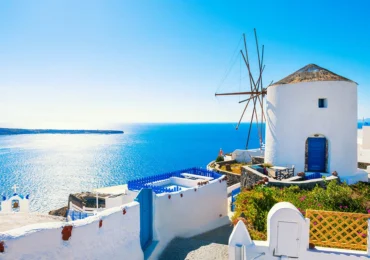
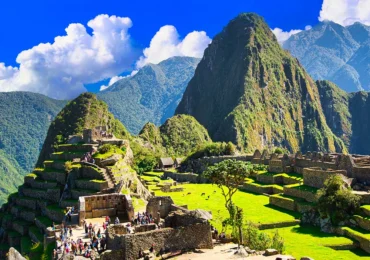
How to Contribute to Ecotourism as a Tourist
- Stay in accommodations that implement environmentally conscious practices, such as energy-saving systems and responsible waste management.
- Use transportation options efficiently by combining routes, choosing shared transfers when possible, or exploring on foot for short distances.
- Support the local economy by trying local dishes, purchasing regional products, and joining cultural experiences.
- Respect wildlife and natural areas by keeping a safe distance and following official guidelines.
- Reduce waste by carrying reusable water bottles or bags and avoiding single-use plastics.
- Be mindful of energy consumption during your stay, such as turning off lights and limiting unnecessary towel changes.
- Choose certified or responsible tour operators that help protect natural resources.
- Learn about the cultural heritage and traditions of the destination and show respect to local customs and residents.
- Leave no trace, keep natural sites clean for future visitors.
- Encourage responsible travel by sharing your eco-friendly travel habits and inspiring others to do the same.
By the way, you may also want to read our article “Safest Means of Transportation“.






